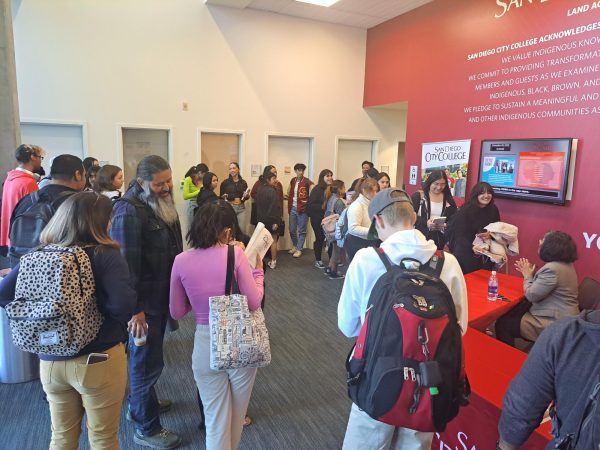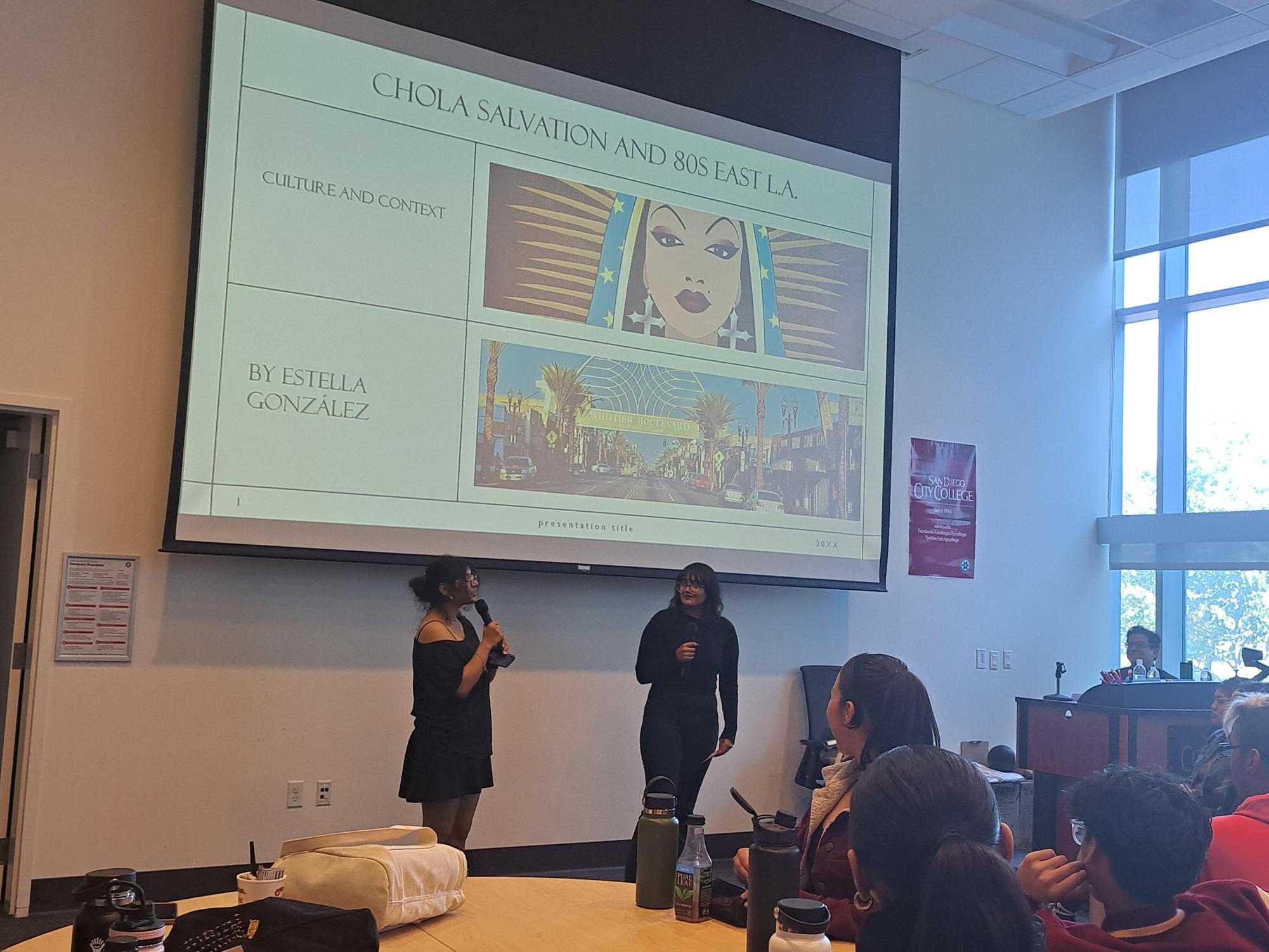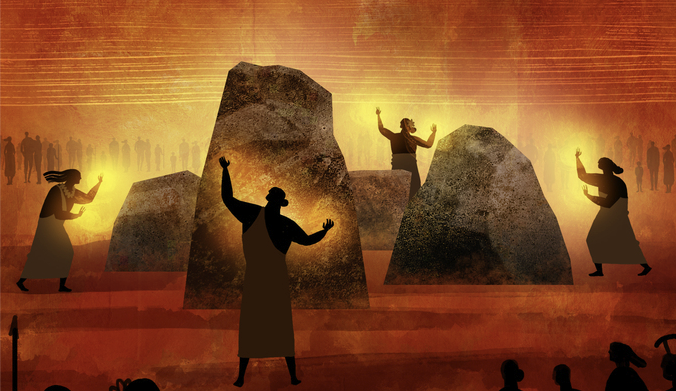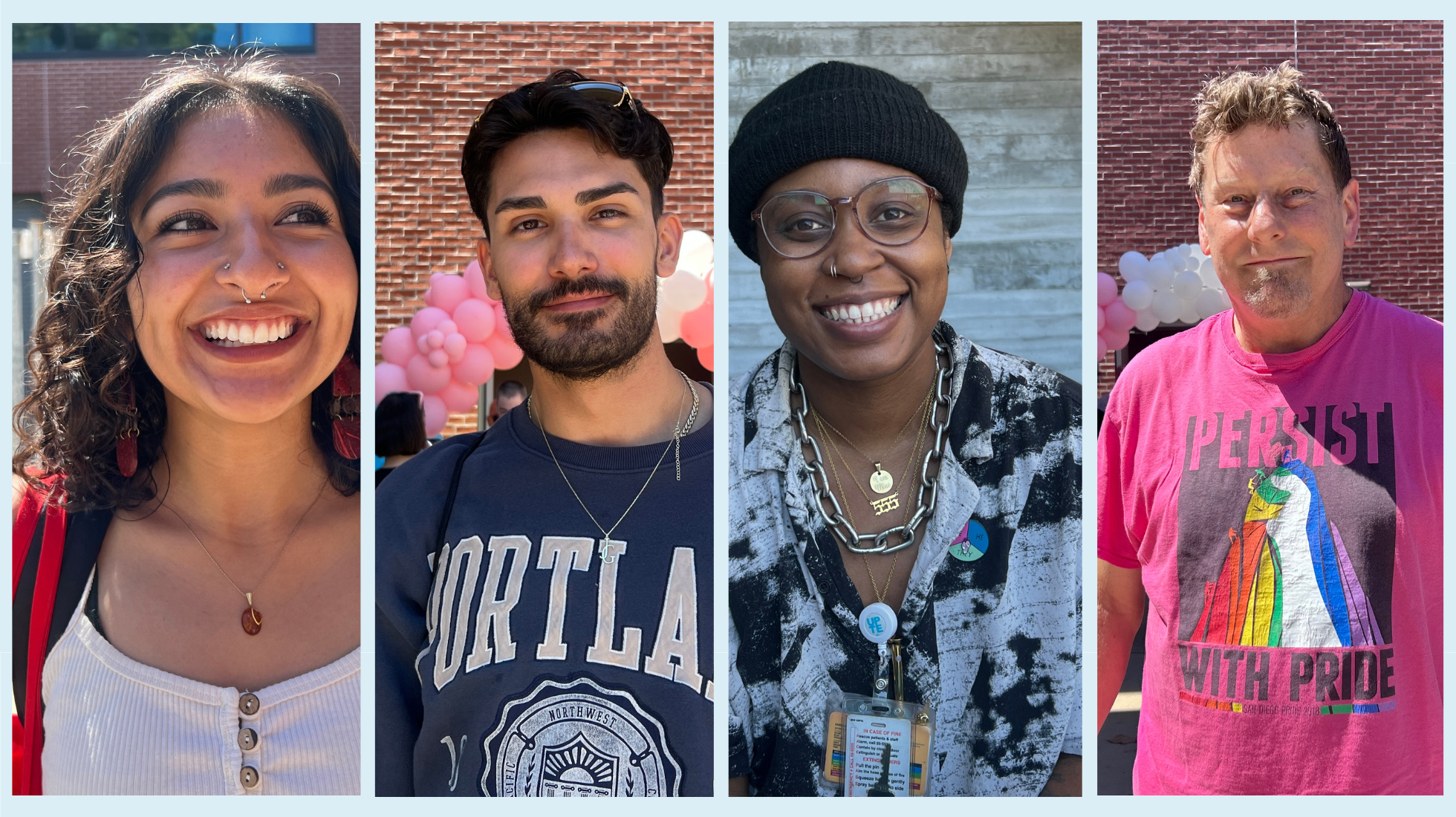Short-story writer and author Estella González started reading from ‘Chola Salvation,’ based on a character who doesn’t want to follow the gender roles that are followed in a Mexican household.
“I’m just kicking back, drinking my dad’s Schlitz when Frida Kahlo and the Virgen de Guadalupe walk into our restaurant,” González said, “La Frida is in a man’s suit, a big baggy one like the guy from the Talking Heads but this one’s black, not white. All her hair is cut off so she isn’t wearing no braids, no ribbons, no nothin’.”
English professor Manuel Paul López and Puente students Valechka Ruiz and Careli González invited González to San Diego City College to read from her book and lead a discussion.
A crowd of 30 students and faculty attended the event on campus Nov. 09.
González discussed her childhood and growing up in east LA in the 1980s. The crime rate was high in her childhood.
“East LA back in the 80s, it was crime-ridden. It was not safe,” González said.
The LA native is the first of her family to go to college. She said that she was anxious and afraid of being by herself.
“I just wanted to break away and (be) on my own and be independent,” González said, “So I actually did go to Northwestern University, and it was an experience.”
Then she moved to Tucson, Arizona, where she has lived for 20 years.
González explained the meaning of a “true chola.”
“Chicanos, who are resisting that social dominance fairy tale of who they’re supposed to be,” González said.

González began reading her book to the students, who were given the opportunity to purchase a copy at the beginning of the event.
After the reading, López invited students to a Q&A.
A student asked González how long it took her to publish “Chola Salvation.”
González responded that she started the collection of stories in 2003, which were then published in 2021 by Arte Público Press.
“So if you could choose to continue one of the short stories?” asked another student. “Which one would you keep going with?”
“Now that the writer and actor strike is over, there’s been some movie interest for that first story ‘Chola Salvation,’” González said, “And I actually wrote the script for it and… made it longer.”









Estella Gonzalez • Nov 15, 2023 at 8:17 am
Luz, thank you for your lovely article. It was such a thrill speaking about my short story collection to students and faculty and I’m grateful that you covered it. However, I said that the Hollywood stereotype of East L.A. in the 80s was that it was “crime infested.” I didn’t leave East L.A. because of crime but because, sadly, I was distancing myself from my identity. Assimilation was prioritized over cultural pride back then. Hopefully that trend won’t happen again. Mil gracias!